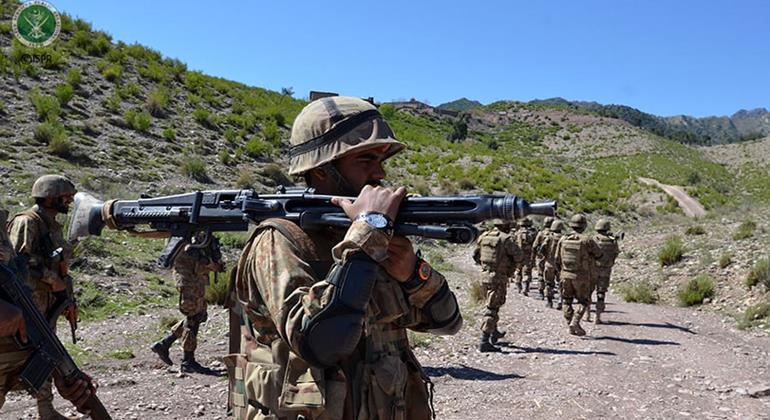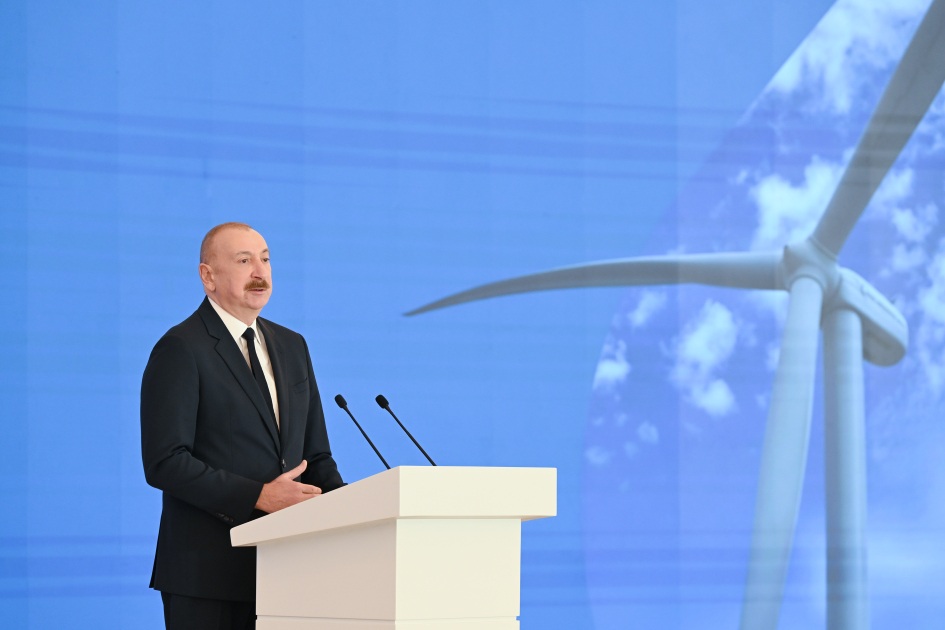
Balochistan is Pakistan’s largest province, spanning 347,190 km², and is endowed with an abundance of natural resources and minerals, including gas, coal, iron ore, sulfur, gold, and others. The province is the least populated and least developed, with resources mainly used in other provinces of Pakistan. It also has less socioeconomic development, along with the provincial government's white elephant projects.
By Ahsan Ali
The province has experienced violence since the 1970s, driven by a separate state, and the Pakistan government has resorted to weapons rather than enhancing governance and tackling local issues. While Pakistan sought a political solution via negotiation, it has been hindered and delayed due to leadership change and double-crossing.
In contrast to other confidence-building measures (CBMs), this initiative focuses on infrastructure development in Balochistan province and providing necessities to the population. These CBMs played a positive role, but the developments have been limited, and the political electorate has been selective in addressing the core grievances, which have only fueled separatism.

In the last year, a delicately balanced government was formed. Still, it has faced challenges from organisations such as the Tehreek-e-Taliban (TTP), the Balochistan Liberation Front (BLF), the Balochistan Liberation Army (BLA), and various militant groups. The attacks have risen significantly, with the security framework severely affected by substantial damage.
In April 2024, an analysis revealed that the coalition under Prime Minister Shehbaz Sharif was lacking public trust due to accusations of vote rigging and military backing. Rising inflation, brought about by political instability and militancy in KPK and Balochistan, has only exacerbated investors' mistrust in the economy, despite investments by Azerbaijan.
In Balochistan, where CPEC was heralded as a fortune changer for Pakistan, now Pakistani authorities are in uncertainty on how to deal with them. The Baloch people’s lack of opportunities and social standard uplifting has only made them suspicious towards the Chinese and Pakistan, which they view as depleting their natural resources.
The Pakistani political establishment is disregarding the primary complaints of incompetent governance and inefficient administration in Balochistan. Since the main grievances, including basic facilities, social uplift, improved salaries, and opportunities, remain unaddressed, the state is shifting towards militarism instead of addressing the core issues.
Understanding the security environment, Chinese investment has already diverted from Gwadar to Bin Qasim Port near Karachi, reflecting concern over the significance of Gwadar. The security risk poses a significant challenge to economic investment in Pakistan, as it diminishes the country's regional significance.
It can be observed that the increasing intensity of violent attacks by the BLA beleaguer Pakistani law enforcement. The economically driving projects under the Chinese initiative of the China-Pakistan Economic Corridor (CPEC) are increasingly facing uncertainties due to the rising security threats and unpredictable nature of the terrain. The attacks have become so prolific that the authorities face a heightened challenge in dealing with them.
The Baloch insurgency has risen significantly in Balochistan, with notable incidents such as the Jaffar Express Incident, the Khuzdar school bus attack, and the recent Quetta political rally attack by the Islamic State, highlighting the insecurity. The parameters and harbouring of Baloch insurgency have only risen to an alarming number, where security forces and political parties allied with Islamabad are coming under attack.
Balochistan separatism has been exploited by the external powers and non-state actors such as TTP and India, as TTP have aligned with Baloch rebel groups since 2023. Additionally, India has faced allegations of meddling and providing political and military support to Baloch factions via smuggled weapons and espionage activities.
Moreover, the CPEC has been observed to involve grandiose projects with massive expansion. Still, the marginalisation of Baloch has grown due to an unfair distribution of shares, with China holding 91% and Pakistan, controlled by Islamabad, holding the remaining 9%. With no improvement in the livelihoods of Baloch and unfair distribution of shares, Baloch resentment has only grown with separatism and exploitation from abroad.
Geopolitically, Balochistan is a crucial region where separatism could fuel instability across Pakistan and affect regional connectivity. Unrest in Balochistan, if it spills over, can exacerbate separatist tendencies in Iran’s Sistan-Baluchestan province, posing a threat to security between both states and broader regional stability.
Pakistani security apparatus has been faltering in Balochistan, and the rising attacks have made law enforcement bodies enervated. The state resources have been spent to secure the region. Still, a blitz of attacks has only increased, with 501 terrorist attacks recorded, resulting in 257 deaths, of which 133 were security personnel, between 1st January and 30th June 2025.
For peace and stability, Pakistan must take action over decades of neglect, poverty and lack of opportunities that have only fueled grievances and resentment that no amount of military operations can erase. At the government level, competent governance and fair representation in state affairs are crucial for the state and its people.
Education, infrastructure, healthcare investments and local Baloch employment can only empower them to oversee the future within Pakistan. Development and dignity are stronger restraints to violence than guns, and reconciliation at the government and person-to-person level is crucial.
Pakistan must act upon resolving the Balochistan issue politically rather than militarily, which would only make the situation worse for the state, fueling grievances and allowing external actors to exploit the situation. The problem is fragile, but it can be taken under control and restrained from further damage.






